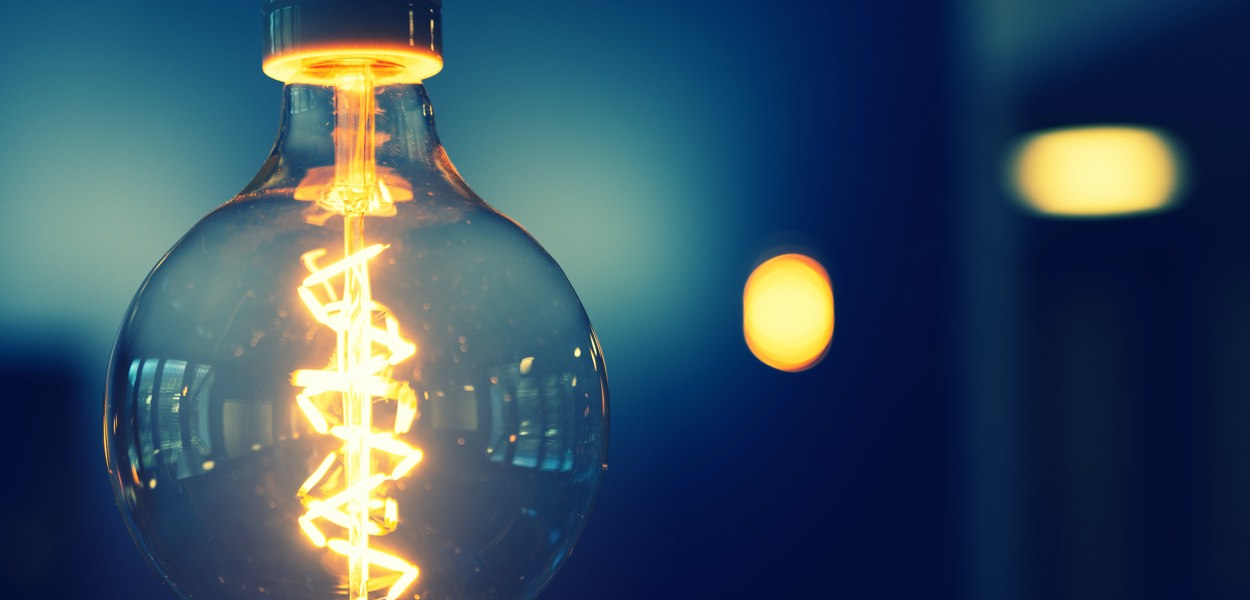Top money-saving tips
- Turning down the central heating thermostat by one degree Celsius can save you up to 10% of heating costs.
- Clean filters in line with manufacturer guidance for equipment including Mechanical Ventilation Heat Recovery units, cooker hoods etc
- Don’t put furniture in front of radiators or heaters. This stops heat circulating in the room and can be a fire hazard
- Close curtains to stop heat escaping when it gets dark. Make sure curtains don’t hang over radiators or portable heaters as this can be a fire hazard
- Programme the central heating to come on about 30 minutes before you want your home warm and turn it off about 30 minutes before you go to bed. The exact times will vary from home to home and depend on the weather conditions.
- Always turn off lights when you leave the room. Adjust your curtains or blinds to let in as much light as possible throughout the day
- To save energy, avoid leaving appliances on standby and remember not to leave them on charge unnecessarily
- Washing machines: wait until you have a full load and remember you rarely need to use the hottest wash. Don’t leave your washing machine running when you leave the house
- Fridges: don’t leave the door open for longer than necessary, as cold air will escape. Allow hot food to cool before putting in the fridge. Defrost your fridge regularly to keep it running efficiently. If it tends to frost up quickly, check the door seal. If you have to put your fridge next to the cooker or boiler, leave a good gap between them.
- Dishwashers: use the low temperature programme and wait until you have a full load before turning it on. Don’t leave your dishwasher running when you leave the house
- Pots and pans: choose the right size pan for the food and cooker (the base should just cover the cooking ring) and keep lid on when cooking. With gas, the flames only need to heat the bottom of the pan. If they lick up the side, then heat is wasted. Don’t use more water than you need because it wastes energy. Don’t leave cooking unattended
- Kettles: heat the amount of water you really need and if you are using an electric kettle make sure you cover the element inside. Jug-type kettles need less water as they have smaller elements
- Taps: a dripping hot tap, in just one day, can waste energy and enough water to fill a bath. Turn off taps after use
- Showers: an ordinary shower uses less water than is needed for a bath
- Central heating systems run more efficiently when all internal doors are closed.

Save money on your bills
There are lots of things you can do in your home to reduce your energy consumption, and your bills
Find out more
